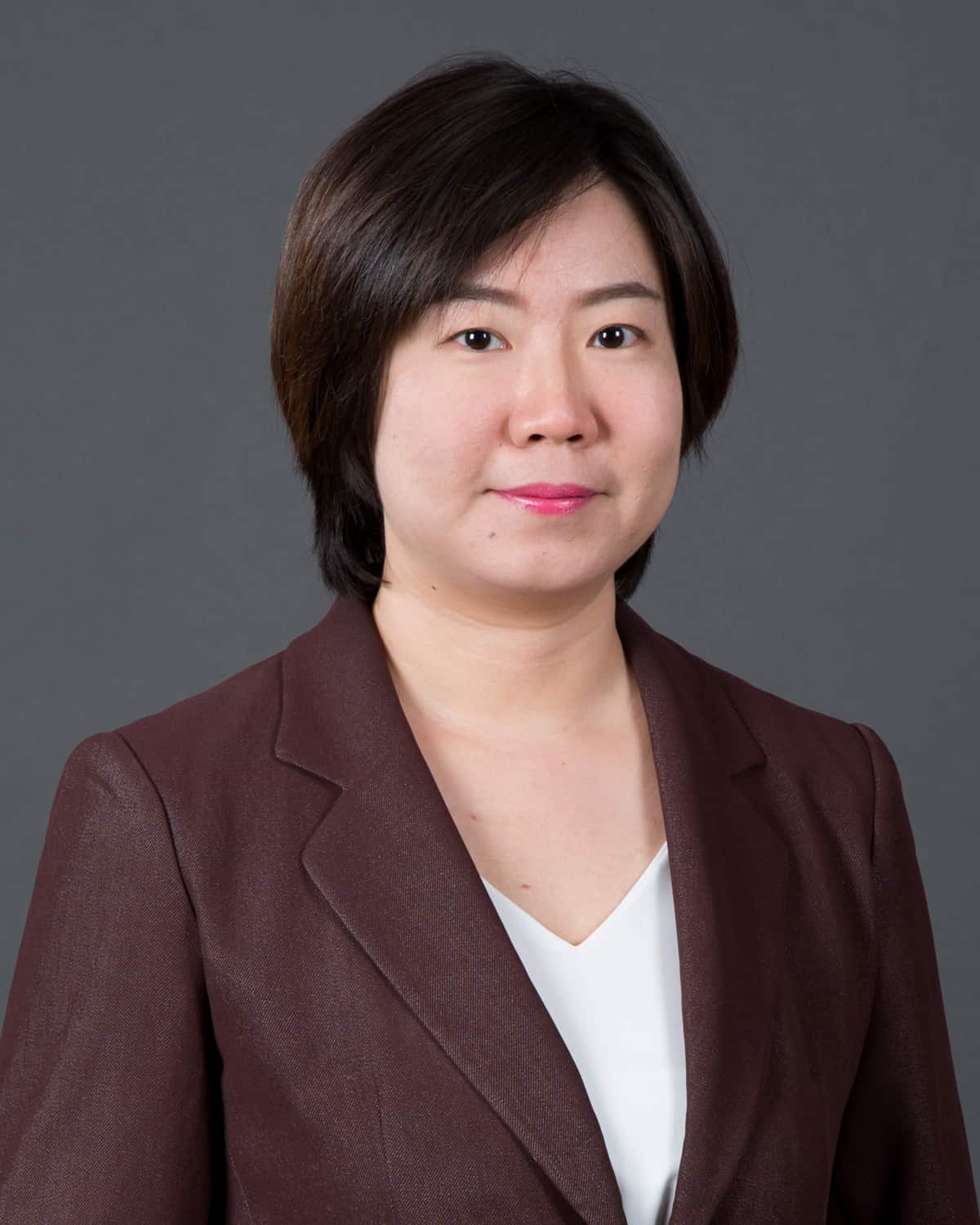Jaspal Co Ltd, a company renowned in Thailand, manufactures and retails popular ready-to-wear fashion lines under the trademark JASPAL and other well-recognised house brands.
The company recently launched a product line under its new “white bird” device mark and applied to register the trademark. However, the application was rejected by the Thai Trademark Office due to its similarity to a previously registered “black bird” trademark. Jaspal appealed the decision to the Supreme Court, where it was successful in registering the “white bird” mark on the grounds of honest concurrent use.
Legal Basis
Thailand applies the “first to file” principle, meaning that an application for a mark that is similar to a previously filed trademark cannot be registered. However, the law does allow an applicant for a later similar trademark to prove its good faith or special circumstances by submitting evidence of honest concurrent use of both the trademark applied for and the registered (or pending) trademark. This principle is set forth in Section 27 of the Thai Trademark Act:
“ …if the registrar is of the opinion that there has been honest concurrent use or special circumstances, which make it proper to do so, the registrar may allow registration by more than one owner of a trademark, which is identical with, or similar to, a registered trademark…”
The Court’s View
The Supreme Court agreed with the Trademark Office that the parties’ bird devices were closely similar, because the postures of the birds were depicted in the same manner. The difference in color—one was black while the other was white—could not diminish the likelihood of confusion. However, the Supreme Court overruled the Trademark Office’s decision on the grounds of honest concurrent use of the trademarks.
In exercising its discretion to consider the principle of “honest concurrent use,” the Supreme Court found that there was no likelihood of confusion in this specific case. The Supreme Court took all the relevant evidence into account when exercising its discretion, based on the following well-established criteria:
- Background of Jaspal’s business and trademark—given the long history of Jaspal’s business, and the use of various house marks as tools for expanding its businesses in Thailand, the new “white bird” trademark was found to be a newly launched tool to promote Jaspal’s products which fell under the larger umbrella of trademarks used by Jaspal since 2004. A thorough and detailed explanation was given as to how the “white bird” device was created and how it was positioned in Jaspal’s marketing plans.
- Scale of use of Jaspal’s trademark—extensive advertisement for the “white bird” device in famous department stores and other publishing media, costing more than THB 1 billion, in 2006, plus the annual growth of Jaspal’s apparel business in Thailand, represented very convincing evidence for the court.
- Recognition of Jaspal’s business—the court considered that Jaspal was a leader in the apparel industry in Thailand, with brands and products that are popular among Thai consumers. More importantly, due to the fame of the company, there was no likelihood of confusion stemming from the resemblance of the trademarks, and no proof that confusion existed among consumers had been presented to the court.
For these reasons, the court found that Jaspal’s “white bird” trademark had existed and been in use at the same time as the prior registered “black bird” trademark. All the evidence pointed to Jaspal’s honest intentions in using the trademark to expand its business, without seeking to benefit from the fame of the registered “black bird” trademark.
Given Jaspal’s honesty, the Supreme Court concluded that, despite the similarity of the parties’ trademarks, Jaspal’s trademark could be registered under Section 27 of the Trademark Act.





